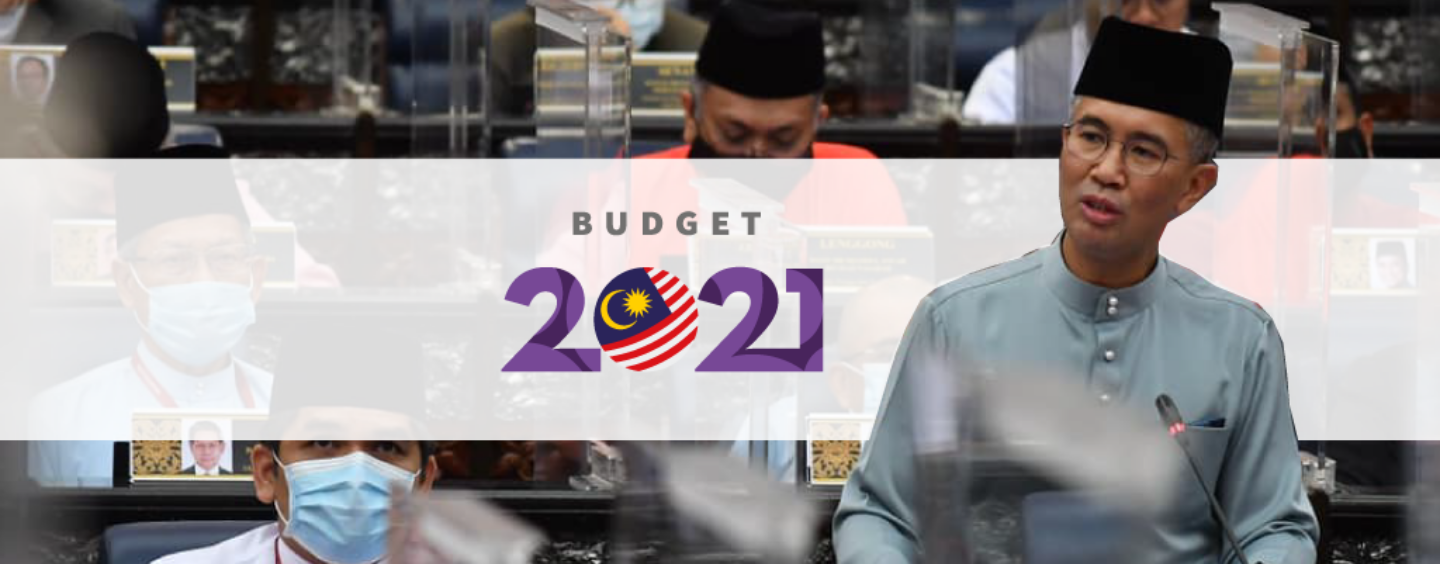The Malaysian government continues to provide support in developing the P2P lending and equity crowdfunding (ECF) market. During the tabling of budget 2021 last Friday, Finance Minister Tengku Zafrul announced that the government will be allocating RM 50 million in matching grant for P2P lending and RM 30 million matching grant for ECF respectively.
This makes it a combined total of RM 80 million to be allocated in matching grants to promote the regulated crowdfunding market in Malaysia. In contrast, the 2020 budget allocated a total of RM 50 million in matching grant under the MyCIF scheme with an addition of RM 10 million for social enterprise raising funds through P2P financing platforms.
To date, these platforms have helped more than 2,500 SMEs to raise over RM 1 billion, according to recent numbers provided by the Securities Commission Malaysia.
In addition to that, individual investors are entitled to a 50% income tax exemption with a limit of RM 50,000, in his speech, Tengku Zafrul said this move is to “encourage more individual investors to take part in financing through ECF platforms”.
On the e-wallets front, Budget 2021 sees a reduction compared to the previous year, the government will be allocating RM 75 million to provide a one-off RM 50 e-wallet credit to youths aged between 18-20. This is compared to the previous year where RM 30 is offered to all Malaysians above the age of 18 earning less than RM 100,000, the total sum allocated under last year’s budget was RM 450 million.
The government also proposed a 5 extension of stamp duty exemption for Exchange Traded Funds (ETF) which expires December 2020.
It was also highlighted during the tabling of the budget that digital transaction fraud has become a growing concern for the nation and the budget will allocate RM 27 million to CyberSecurity Malaysia to strengthen the country’s cybersecurity. It wasn’t clear how much of this will go into tackling fraud in the digital transaction space.








